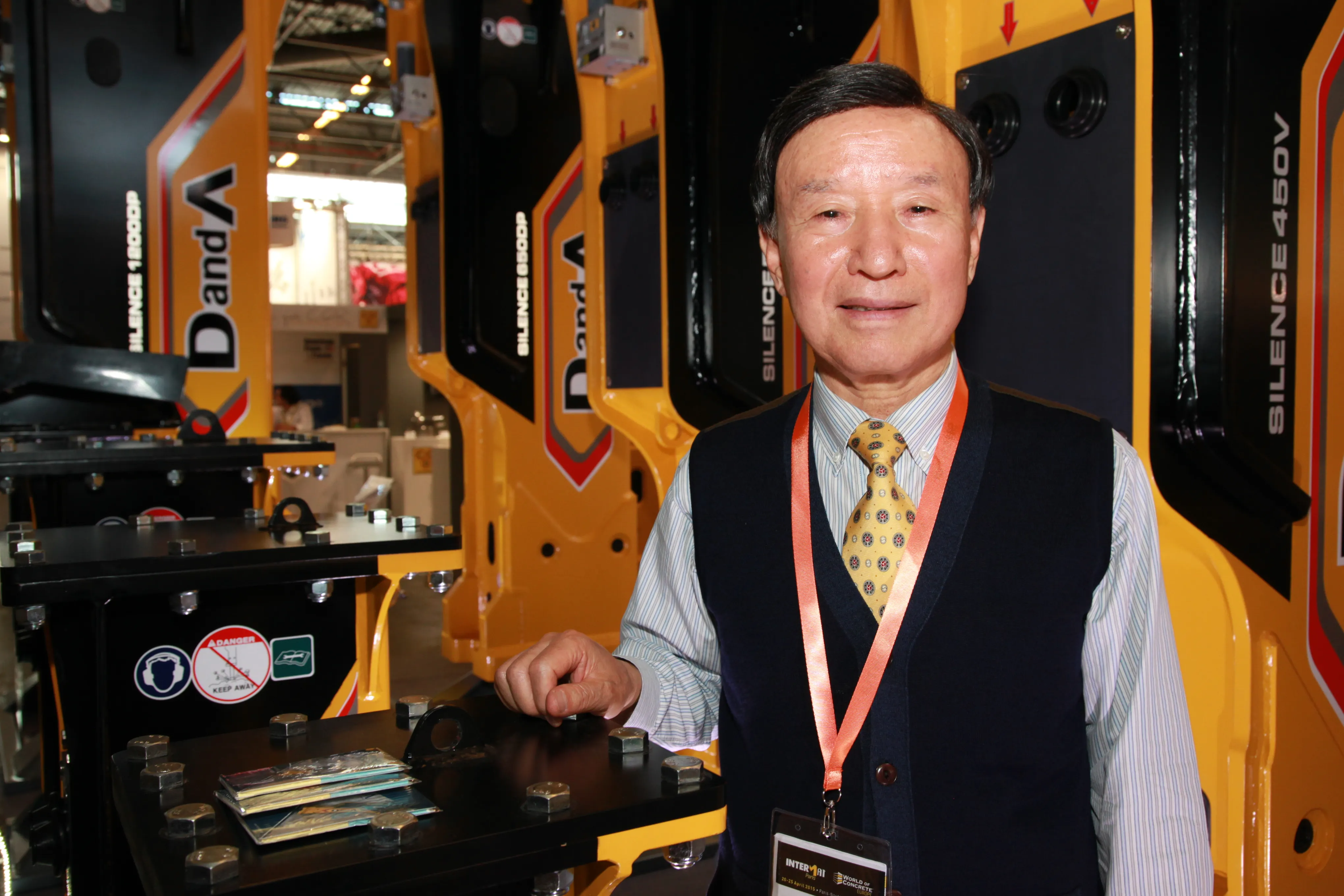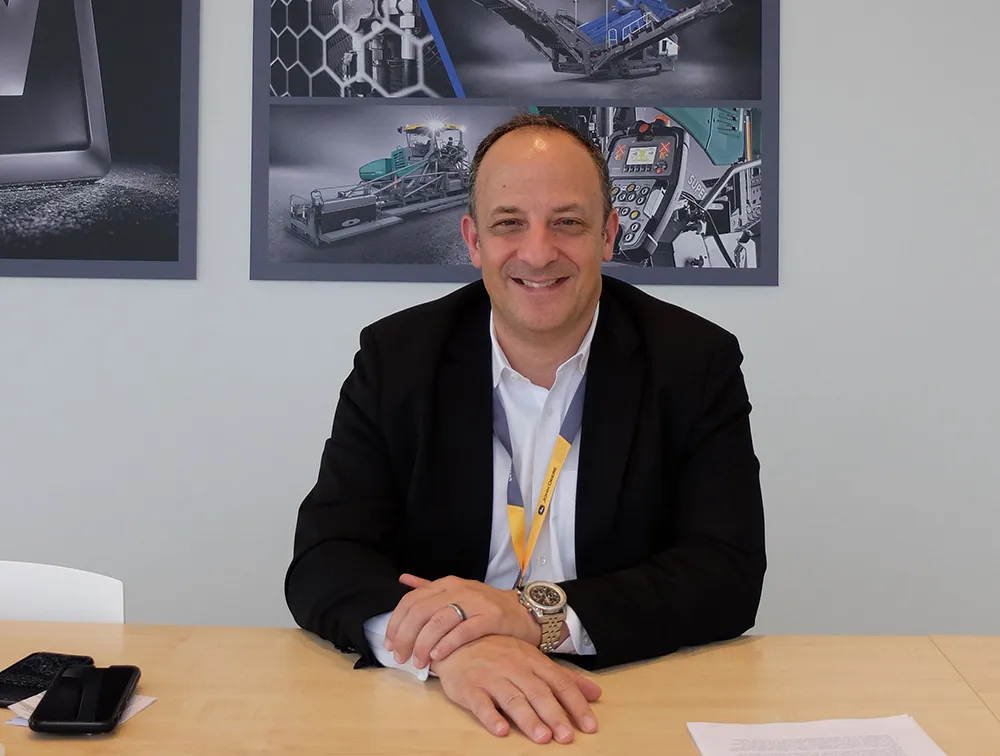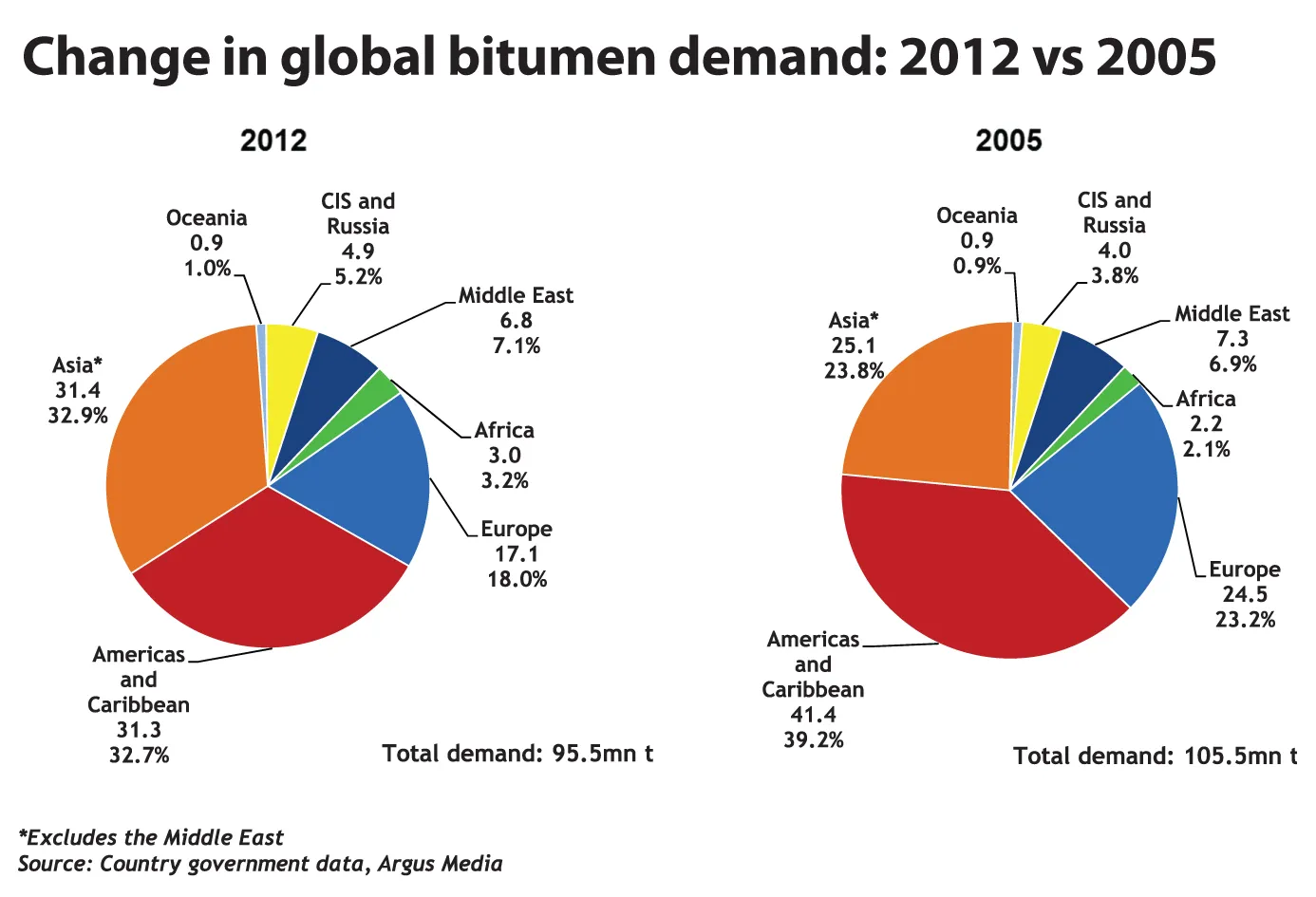Sandvik Mining and Construction has bought Shanghai Jianshe Luqiao Machinery Co (SJL), a major Chinese manufacturer of crushing and screening equipment, which sells its products under the SHANBAO brand.
May 2, 2012
Read time: 4 mins
The strategic acquisition of SJL will allow Sandvik to target a broader range of customers in developing nations and the Shanbao brand will be sold into fast growing markets where many customers favour mid-priced but quality brands. The Shanbao range and the SJL manufacturing facilities will benefit from Sandvik’s technical input, while Sandvik will benefit from SJL’s strong share of the Chinese market. Thomas Schulz, president construction and senior vice president of Sandvik Mining and Construction said, “Shanbao is the leading crushing and screening equipment manufacturer in China.”
He continued, “The owners of SJL were the power company Shanghai Electric with 75% and contractor China Road and Bridge with 25%. We have a joint venture agreement with Shanghai Electric, which retains 20% of SJL while Sandvik holds 80%.”
The reason for the acquisition is clear. The Chinese crushing and screening equipment has seen growth of 10%/year in the last five years and is expected to grow 2-3 times over the next five years according to Schulz. Competition is strong in China, with around 100 local firms active in the market, but this deal will benefit both SJL and Sandvik. Schulz explained that while SJL will gain from Sandvik’s technical and manufacturing technology, the management of the company will however remain Chinese and the firm will be headed by Thomas Zhang. “Shanbao will become the largest mid-market crushing and screening supplier in the world,” Zhang said. “The Shanbao brand has a very strong reputation in this market.
The deal took time to gestate, though Schulz explained that the parties involved saw the potential benefits and all were keen to make the SHANBAO brand successful globally. Sandvik has been successful in developing lines of mid-priced hydraulic breakers and drilling rigs, which share the quality and many mechanical and hydraulic components of the sophisticated electronically controlled products, but without the advanced systems. Schulz said that while Sandvik is a leader in the premium brand crushing and screening sector, it recognised some time ago that it needed a mid-priced product range to tap into developing markets in countries such as China and Brazil. Schulz said that developing a suitable range in-house would have taken too long and been too costly and that in this instance, buying the proven Shanbao range offered a more effective entry into the market. “It’s not a secret that the mid-priced market is growing faster than the premium brand market.”
Because of this strength in the mid-priced crushing and screening machine market and also because of the good reputation of the Shanbao brand, Sandvik is keen to retain the name and the value it adds to the deal. Schulz said that while Sandvik’s engineers will provide input to SJL, SJL for its part will give Sandvik the benefit of its understanding of the mid-priced crushing and screening market. The two brands will be kept separate though and Sandvik personnel will not market Shanbao machines while the SJL team will not market those from Sandvik.
Sandvik will help SJL improve the reliability of the Shanbao products and will also give assistance in developing SJL’s product support. However Schulz added, “We are strong believers that such a transformation can only occur with Chinese managers at the company.”
The target for Sandvik’s growth worldwide is 9% but both Schulz and Zhang believe that SJL will see a faster expansion rate based on the strength of the Chinese market as well as that of other developing countries.








